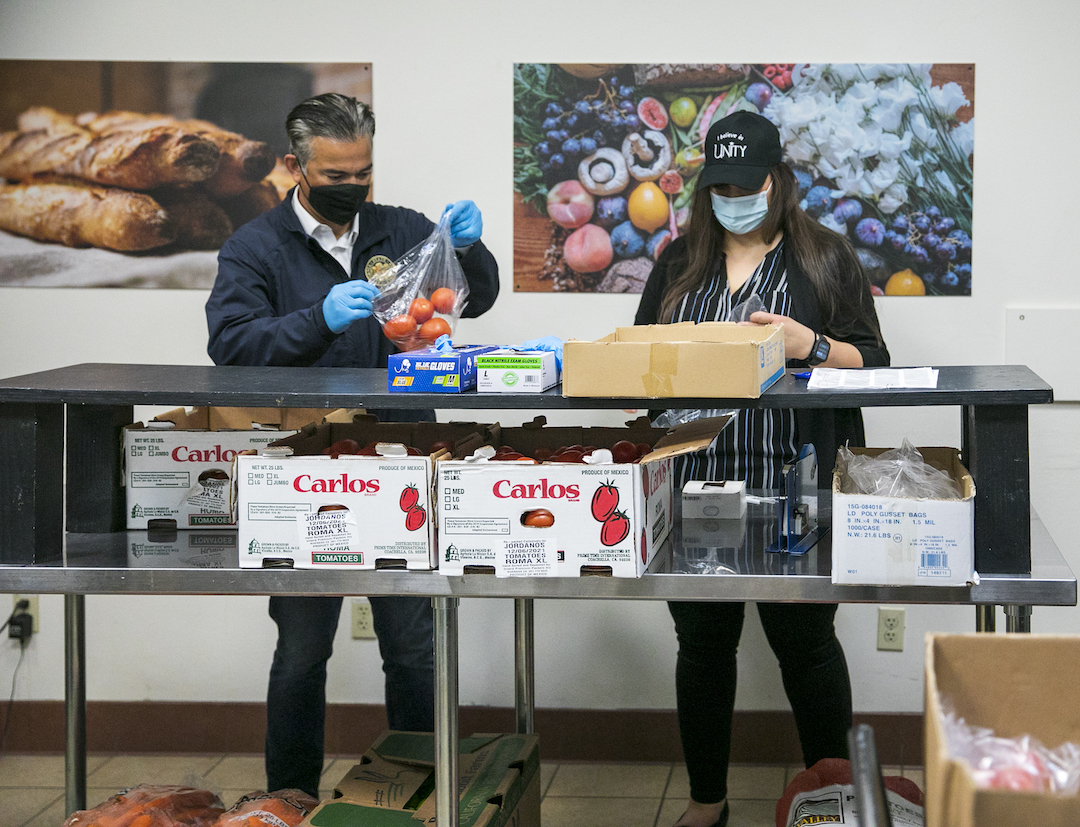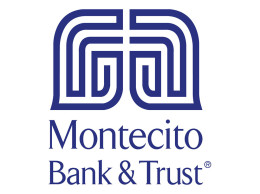Opinion: This holiday season, take care when giving to charity

By Rob Bonta
The holidays are all about giving, and your donations make all the difference. That’s why it is important to always take the necessary steps to protect yourself, and the donations that California charities depend on, from those who might take advantage of your generosity.
As you celebrate the holiday season by supporting Santa Barbara’s local nonprofits, ensure that your donations go towards their intended purpose with these nine useful tips:
• Check the Charity’s Registration Status: Charities operating and telemarketers soliciting donations in California must register with the Attorney General’s Registry of Charitable Trusts. Prior to donating, confirm that the charity is registered and up-to-date with its financial reporting by searching the database, located at oag.ca.gov/charities.
• Give to Organizations You Trust: Review the charity’s purpose and how it uses donations. If you donate to a charity you are unfamiliar with, contact the charity and ask for information in writing about its programs and finances. You should also confirm the charity’s name, address, and its nonprofit status.
• Be Wary of Social Network Fundraising: If you are planning to donate through a social network solicitation, first do some research. Find out what percentage is going to the charity, whether you will be charged a fee, or if a percentage of your donation will be paid to the platform website.
• Don’t Be Pressured by Telemarketers – Ask Questions Before Donating: If you receive a call from a telemarketer, ask for the name of the fundraising organization and the charity benefitting from the solicitation, whether they are registered with the Attorney General’s Office, how much of your donation will go to charity and how much to the telemarketer, and the direct telephone number of the charity. Check directly with the benefitting organization to confirm that it authorized the solicitation. Remember that you have the right to reject the donation appeal. If you feel pressured or threatened, hang up.
• Be Vigilant When Donating After Natural Disasters or Tragedies: Well-intentioned or otherwise, charities are sometimes formed overnight to address calamities. As a result, oftentimes they lack the experience, contacts, and staff needed to respond to a disaster. Fraudsters capitalize on people’s desire to help. Even during a crisis, take your time to research a charity before giving.
• Watch Out for Similar-Sounding Names, Web Addresses, and Other Deceptive Tactics: Fraudulent organizations may use names that closely resemble those of well-established charitable organizations in order to mislead donors. Look out for fraudulent websites that have a slightly different web address (URL) than that of a legitimate charitable organization. Similar-looking URLs are sometimes purchased by fraudsters to lure in would-be donors. These sites may ask you for personal information or install harmful material onto your device. Be skeptical if someone thanks you for a pledge you never made, and always check your records.
• Understand the Difference Between “Tax-Exempt” and “Tax-Deductible”: Being a nonprofit does not mean the organization is exempt from taxation, or that your donation is tax-deductible. Generally, a tax-exempt organization is exempt from paying tax on its income and gifts, but may or may not be able to offer a charitable tax deduction to donors for their contributions. Just because an organization has a “Tax ID Number” or provides donors with a receipt that says “keep this receipt for your records” does not mean that the organization is a charity, tax-exempt, or that your donation is tax-deductible. If you are not sure whether your donation is tax-deductible, verify the charity’s tax-exempt status by using the tools and information located at www.irs.gov/charities-and-nonprofits.
• Consider the Costs of Gifts and Merchandise: Gifts that you receive from a charity for your donation cost money and generally, these expenses are paid from donated funds. The value of the goods and services that you receive for your donation is not tax-deductible. Some charities may sell merchandise online and claim that “100% of the proceeds” will benefit its charitable purpose. However, this does not necessarily mean that 100% of the sales price of the merchandise will go to charity, and the cost of the merchandise itself can greatly reduce the value of your donation.
• Protect Your Identity: Never give your Social Security number or other personal information in response to a charitable solicitation. Never give out credit card information to an organization unfamiliar to you. Review the charity’s privacy policy to find out if your information will be shared with outside companies.
I encourage all Santa Barbara residents to use these tips when making a contribution this season and beyond. My office works every day to protect Californians from fraud and deception. If you believe that a charity or fundraiser has acted in bad faith, please report it immediately to my office at oag.ca.gov/charities/complaints.
• Rob Bonta is the attorney general of the state of California. This column is adapted from remarks he delivered at a visit to Unity Shoppe in Santa Barbara on Dec. 7.












